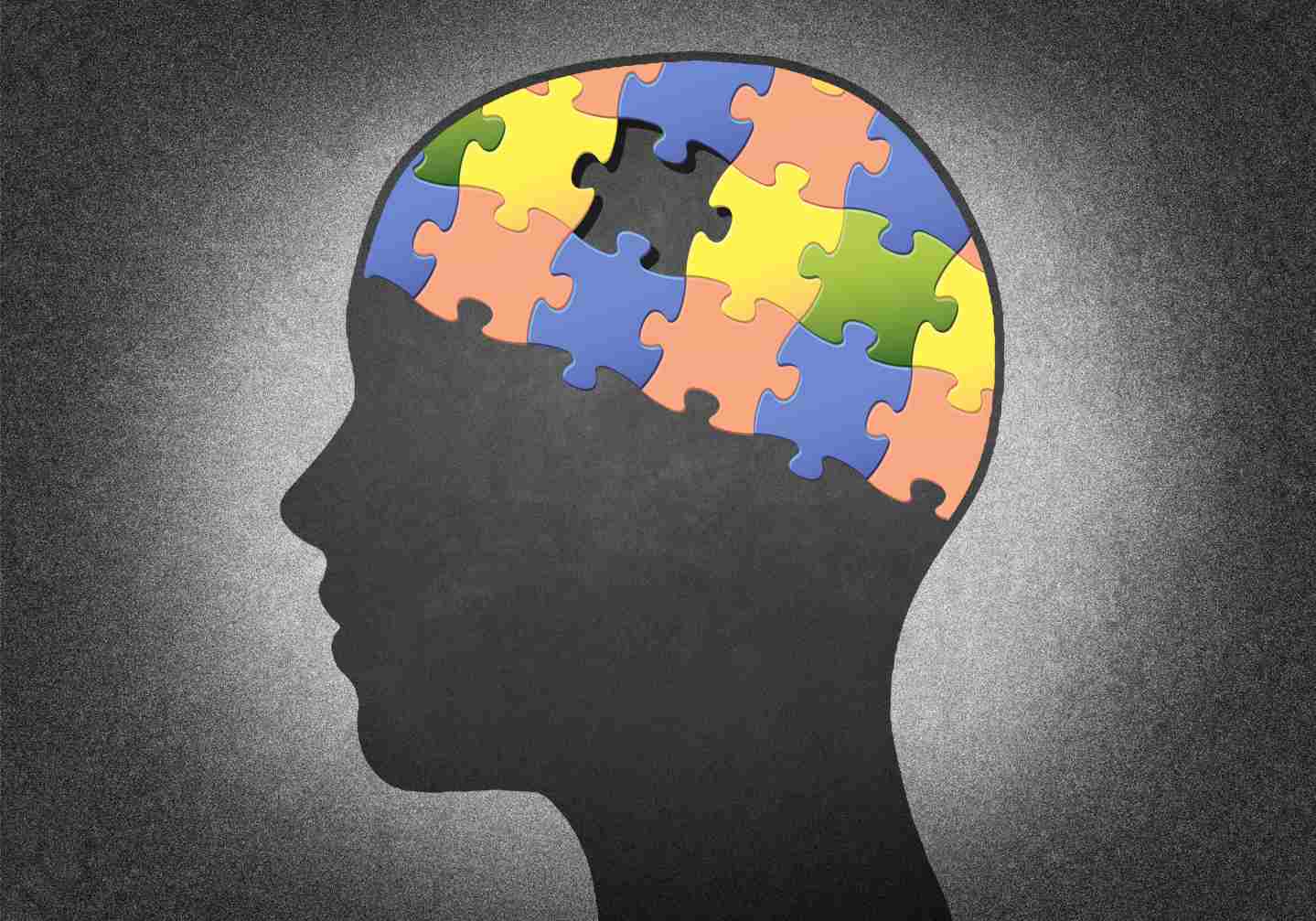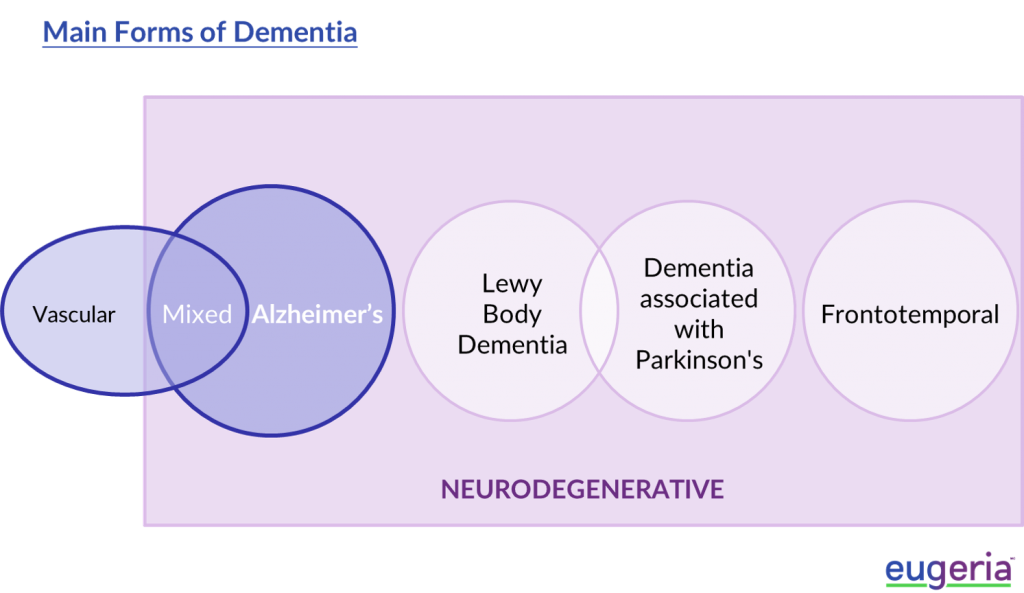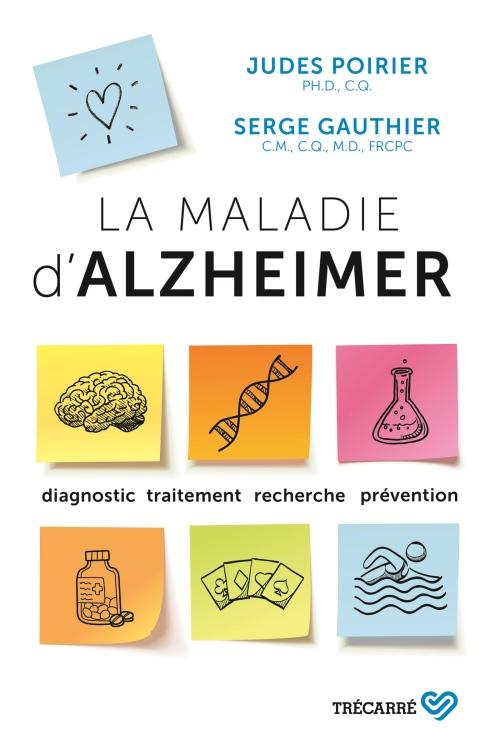
What Is the Difference Between Alzheimer’s and Dementia?
Both Alzheimer’s and dementia refer to a decline in brain functions. Both also often occur with aging. In most cases, both Alzheimer’s and dementia are manifested by a significant loss of memory.
However, it is important to recognize that Alzheimer’s does not mean dementia, and vice versa. What’s the difference? Alzheimer’s disease is one of the many forms of dementia.
Alzheimer’s Is a Kind of Dementia, but What Exactly Is Dementia?
Dementia refers to the diseases that diminish the functions of the brain (also called cognitive functions). As normal aging is generally accompanied by cognitive changes, it is the degree of impact and the functions impacted that distinguish normal aging from dementia.
Ordinarily, normal brain aging should not prevent us from carrying out the activities and tasks required on a daily basis (like cooking, driving or taking care of our finances). It is only when the decline in cognitive functions (memory among others) leads to significant difficulties in daily living that we speak of dementia. By definition, a person with dementia must therefore have difficulty performing her or his daily tasks.
Dementia is more common with age. In fact, up to one in three people over the age of 85 have some form of dementia. Recently, dementia has also been referred to as “major neurocognitive disorder”. Of all forms of dementia, Alzheimer’s Disease is the most common.
The Main Causes of Dementia
When we say that Alzheimer’s is a form of dementia, it also implies that Alzheimer’s is one of the causes of dementia. We distinguish the forms of dementia by their mechanisms of attack on the brain and by their consequences on its functioning.The main types of dementia are:
- Alzheimer’s disease
- Vascular dementia (attacking the blood vessels of the brain)
- Mixed dementia (attack of blood vessels AND by Alzheimer’s)
- Lewy Body Dementia
- Dementia associated with Parkinson’s Disease
- Frontotemporal dementia (of which there are behavioral and linguistic types)
All these forms or causes of dementia are sometimes classified into two families: neurodegenerative and non-neurodegenerative. The neurodegenerative causes are those in which the mechanism of dementia derives directly from the degeneration, then death, of the main cells of the brain: the neurons. In the previous list, all forms of dementia are neurodegenerative, except for vascular dementia.
The figure below illustrates the main forms of dementia and indicates which are neurodegenerative.


















